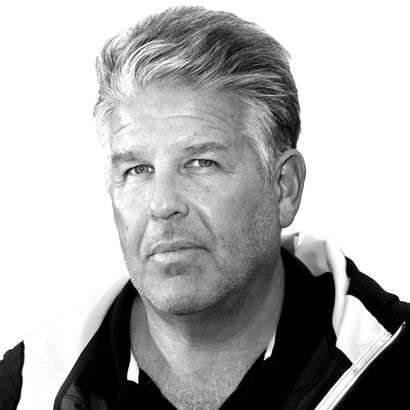There’s a real tug-of-war going on down at 200 West Street, the Manhattan world headquarters of Goldman Sachs.
On one side of the rope are the heavyweights—smaller in number but greater in leverage—beginning with C.E.O. David Solomon, or “D.J. D-Sol,” as the 60-year-old has dubbed himself in his party-centric side-hustle world: D.J.-ing. (In July, D-Sol will be spinning at Lollapalooza, believe it or not, alongside Metallica and Dua Lipa.)


